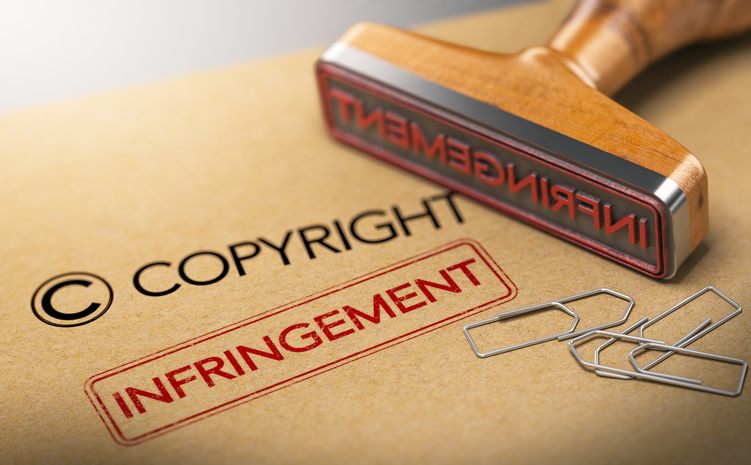Although Copyrights Vest Immediately, Enforcing Them Requires Another Step

Copyright Registration is Mandatory, Prior to Filing an Infringement Suit
A recent ruling by the U.S. Supreme Court has clarified that the Copyright Office must grant registration of a copyright before the copyright holder can sue for infringement and recover damages. This article explains the ruling and its implications.
The United States Copyright Act of 1976 protects “original works of authorship,” including literary, musical, and dramatic works, that are “fixed in any tangible medium of expression,” and provides the creators of such works with exclusive rights of reproduction, distribution, and display. These exclusive rights attach immediately upon creation of an original work, without any additional action by the author. But while these exclusive rights vest immediately, the author’s ability to sue for copyright infringement does not.
Instead, § 411(a) of the Copyright Act requires authors to register the copyright with the U.S. Copyright Office before an action for copyright infringement can be commenced, providing: “[N]o civil action for infringement of the copyright in any United States work shall be instituted until … registration of the copyright claim has been made in accordance with this title.” While this may seem straightforward enough, not all federal courts have agreed as to when a copyright is considered “registered” for purposes of § 411(a). The uncertainty created by this disagreement prompted the recent U.S. Supreme Court ruling, ultimately deciding the proper interpretation of § 411(a) in a case entitled Fourth Estate Public Benefit Corporation v. Wall-Street.com, LLC.
U.S. Supreme Court’s recent decision
Fourth Estate Public Benefit Corporation v. Wall-Street.com, LLC
Fourth Estate is in the business of producing online journalism. A dispute arose after Fourth Estate licensed certain articles to Wall-Street for online publication. The license required Wall-Street to remove articles from its website if the license was ever canceled. Although Wall-Street eventually canceled the license, it failed to remove Fourth Estate’s articles from its website, prompting Fourth Estate to sue for copyright infringement.
In its complaint, Fourth Estate alleged that it had filed copyright applications to register the articles with the Register of Copyrights. However, at the time the suit was commenced, the Register had not yet acted on Fourth Estate’s applications. Therefore, the district court dismissed Fourth Estate’s claims on the grounds that the copyright had not yet been registered as required by § 411(a), and the Eleventh Circuit affirmed.
On appeal to the U.S. Supreme Court, the issue was whether “registration … has been made” under § 411(a) when:
1) a copyright owner submits the application, materials, and fee required for registration, or
2) only when the Copyright Office actually grants registration.
Ultimately, the Supreme Court held that registration only occurs when the copyright application has been granted.
While the Supreme Court’s decision may delay a copyright holder’s ability to sue, the Court was quick to point out that it would not necessarily limit the ability to recover damages for past infringement. Instead, because the author of an original work obtains exclusive rights immediately upon creation, the author is entitled to recover damages for any infringement that occurs after creation, and prior to registration—subject to any statute of limitations.
Implications
This decision reinforces the importance of registering a copyright for your creative works, adding to existing incentives for registering your copyrights. Obtaining a copyright registration also provides additional possibilities for recovery in litigation (statutory damages and attorneys’ fees).
At Henson Efron, our attorneys have extensive experience registering and enforcing copyrights. We can also help you prioritize your copyright portfolio for registration by identifying works that are most at risk for infringement.
If you’d like to learn more about how our experience and knowledge can help protect your rights, please contact Henson Efron.
The purpose of this article is merely to provide general information and should not be construed as legal advice.







